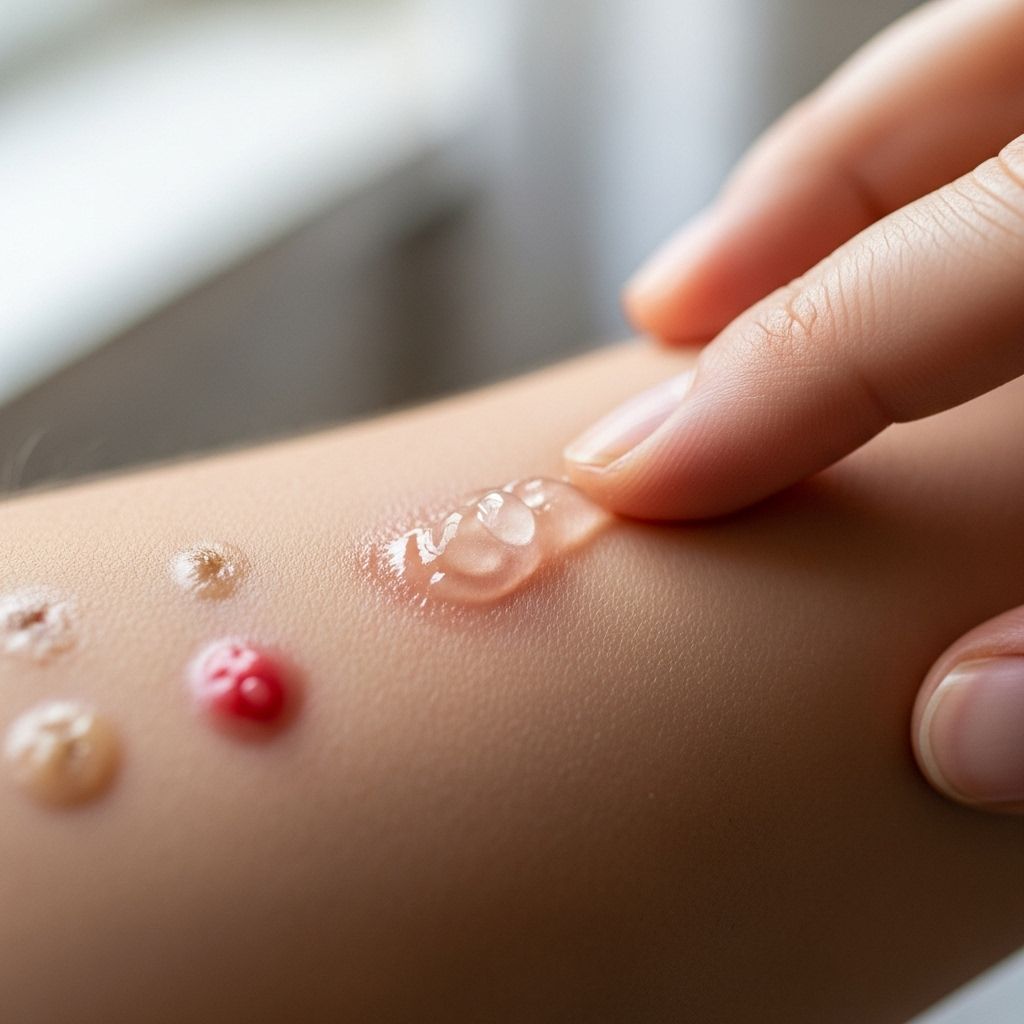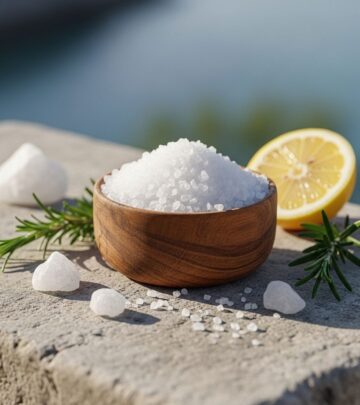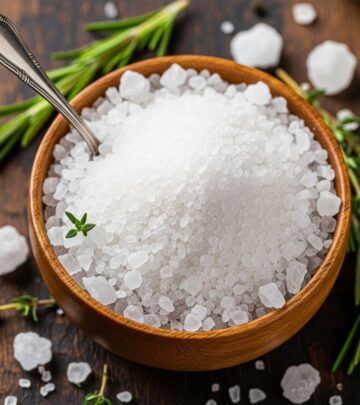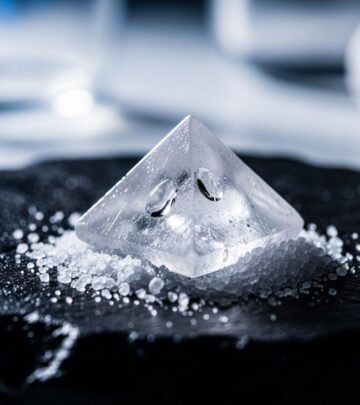How To Get Rid Of Mosquito Bites: Fast Relief And Effective Prevention
Home hacks and soothers offer comfort while shielding skin from pesky pests.

Few things ruin summer fun faster than the relentless itching and swelling from mosquito bites. Whether at home, on a picnic, or traveling, knowing how to quickly relieve discomfort and prevent future bites is essential. This comprehensive article covers why mosquito bites itch, how to treat them with both home and over-the-counter remedies, and proven strategies to protect yourself from getting bitten in the first place.
Table of Contents
- Why Do Mosquito Bites Itch?
- 17 Fast Home Remedies For Mosquito Bites
- Over-The-Counter Treatments: When Home Remedies Aren’t Enough
- 5 Essential Prevention Tips
- When To See A Doctor
- Frequently Asked Questions (FAQs)
Why Do Mosquito Bites Itch?
Most people develop red, swollen, itchy bumps after being bitten by a mosquito. But what exactly causes the irritation?
- Mosquito saliva is injected into the skin when the insect bites. The saliva contains proteins that prevent the blood from clotting and help the mosquito feed more easily.
- The human immune system sees these foreign proteins as invaders and reacts by releasing histamine.
- Histamine increases blood flow to the area and triggers the classic signs of an allergic response: itching, swelling, and redness.
- Some people experience more intense reactions than others, such as Skeeter’s syndrome—a strong local allergic reaction with pain, swelling, and even fever.
Repeated exposure to the same population of mosquitoes may lead the body to become less sensitive to their saliva over time, reducing the severity of itching with future bites.
17 Fast Home Remedies For Mosquito Bites
The urge to scratch is hard to resist, but scratching can make the bite worse and increase the risk of infection. Try these effective home remedies to reduce itching and speed up healing:
- Cold Compress: Apply an ice pack or a cold, damp cloth directly to the bite site for 10-15 minutes. Cold constricts blood vessels and reduces swelling and itching.
- Aloe Vera: Aloe has anti-inflammatory and soothing properties. Apply a thin layer of gel (from the plant or pure aloe product) to calm the itch.
- Baking Soda Paste: Mix 1 tablespoon of baking soda with a little water to form a thick paste. Apply to the bite for 10 minutes before rinsing.
- Honey: Dab a small amount of pure honey on the bite. Honey is a natural antiseptic and helps reduce swelling.
- Banana Peel: Rub the inside of a fresh banana peel on the bite. The compounds in the peel are soothing to irritated skin.
- Lemon or Lime Juice: Apply a drop to the bite to help disinfect and calm redness, but avoid using on broken skin as it can sting.
- Tea Bags: Place a cooled, used tea bag (black or green) on the bite. The tannins help ease inflammation and itchiness.
- Witch Hazel: Dab witch hazel directly onto the area to relieve irritation with its natural astringent properties.
- Apple Cider Vinegar: Use a cotton ball to apply diluted apple cider vinegar. It can reduce itching and act as a mild disinfectant.
- Oatmeal Bath: Add colloidal oatmeal to a lukewarm bath to soothe widespread itching, especially if you have multiple bites.
- Calamine Lotion: Though an over-the-counter option, many homes keep it on hand. It dries out the rash and relieves itching.
- Milk: Apply a cotton ball soaked in cold milk to reduce itching and calm the skin.
- Toothpaste: Gently dab a small amount of plain white toothpaste (not gel) on the bite. The cooling effect can temporarily numb the itching.
- Onion: Place a slice of fresh onion over the bite. Its natural compounds can reduce irritation and swelling.
- Essential Oils: Lavender, tea tree, or eucalyptus oil (diluted in a carrier oil) can be applied to soothe and aid in healing. Always patch test first to avoid irritation.
- Cucumber: A cold cucumber slice helps cool the skin and may reduce swelling.
- Basil: Crush fresh basil leaves and apply to the site for natural anti-inflammatory relief.
Always avoid scratching as it breaks the skin barrier and increases the chance of infection.
Over-The-Counter Treatments: When Home Remedies Aren’t Enough
For persistent or severe itching and swelling, the following OTC (over-the-counter) medications may provide faster relief:
- Antihistamine creams or oral tablets (e.g., diphenhydramine, loratadine) reduce itching and inflammation by blocking histamine.
- Hydrocortisone cream (1%) is a mild steroid that calms inflammation and irritation.
- Calamine lotion dries the area and relieves itchiness.
- Sar cream (pramoxine or other topical anesthetics) numbs the area and can reduce pain and discomfort.
- Antiseptic creams or wipes (with alcohol, iodine, or chlorhexidine) help reduce the risk of infection if the skin has been scratched.
Always follow package instructions. Consult a pharmacist or doctor if you need advice on which product is best for you or for use in children.
5 Essential Prevention Tips
Preventing mosquito bites is often easier than treating them. Follow these proven strategies to lower your risk:
- Wear Full Sleeves: Mosquitoes are most active around dawn and dusk. Light, loose-fitting, long-sleeved clothing covers your skin and reduces the area available for bites, especially for kids playing outside in the evening.
- Use Mosquito Repellents: Apply repellent creams, sprays, or lotions that contain approved ingredients such as DEET, picaridin, or natural oils like citronella and eucalyptus. Check for child- and pregnancy-safe options.
- Use Mosquito Nets and Screens: Physical barriers such as nets over beds or window and door screens make a big difference in warm, humid climates where mosquitoes thrive.
- Eliminate Standing Water: Mosquitoes breed in still water. Regularly empty buckets, bird baths, old tires, and gutters, and ensure that any water containers on your property are covered or cleaned frequently.
- Essential Oils As Natural Repellents: Oils such as lavender, citronella, or eucalyptus not only repel mosquitoes but also leave a pleasant aroma in your living space. They can be applied (always diluted) to pulse points or used in diffusers.
When To See A Doctor
In most cases, mosquito bites are harmless and disappear within a few days. However, seek medical attention if you experience:
- Severe swelling, pain, or extensive redness (possible sign of Skeeter’s syndrome or infection)
- Evidence of pus or increasing warmth at the bite site
- Accompanying symptoms such as fever, headache, body aches, or swollen lymph nodes
- Signs of an allergic reaction: hives, difficulty breathing, swelling of face or mouth
- Symptom onset after travel to areas with mosquito-borne illnesses (e.g., dengue, Zika, West Nile virus)
Frequently Asked Questions (FAQs)
Q: Why do some people get bitten more than others?
A: Mosquitoes are attracted to carbon dioxide, body heat, skin odor, and even certain chemicals on the skin. Some people naturally produce more of the fatty acids and scents that make them more attractive to mosquitoes.
Q: Can mosquito bites carry diseases?
A: In many parts of the world, mosquitoes can transmit viruses such as Zika, dengue, malaria, or West Nile. While most bites are harmless, it’s important to protect yourself, especially when traveling to regions where these diseases are prevalent.
Q: Is it dangerous to scratch a mosquito bite?
A: Scratching can break the skin, increasing the risk of secondary infection and possibly leading to scarring. Try to use one of the remedies above instead to reduce urge to scratch.
Q: How long do mosquito bites usually last?
A: Most mosquito bites heal on their own within 3-4 days. Severe reactions can last a week or more, especially if the site is scratched or infected.
Q: Are home remedies safe for children?
A: Most home remedies are safe, but always avoid harsh ingredients and monitor for any skin sensitivity. For children under 2, stick to cool compresses and consult a pediatrician for other treatments.
Key Takeaways
- Itching from mosquito bites is caused by the immune response to proteins in the mosquito’s saliva.
- Speed up healing with simple home remedies like aloe, honey, and cold compresses.
- OTC medications may provide stronger relief for persistent swelling or itching.
- Prevention strategies—including sleeves, repellents, and clean surroundings—are vital to avoiding future bites.
Armed with these remedies and preventive tactics, you can enjoy outdoor activities with greater confidence and less discomfort from mosquito bites.
References
Read full bio of Sneha Tete












